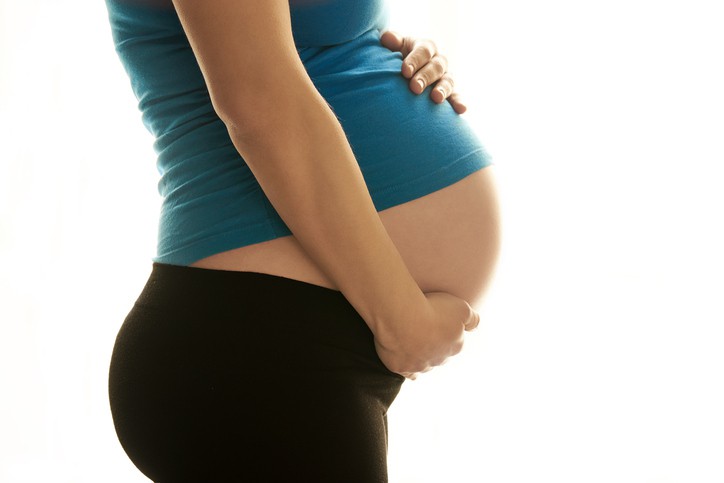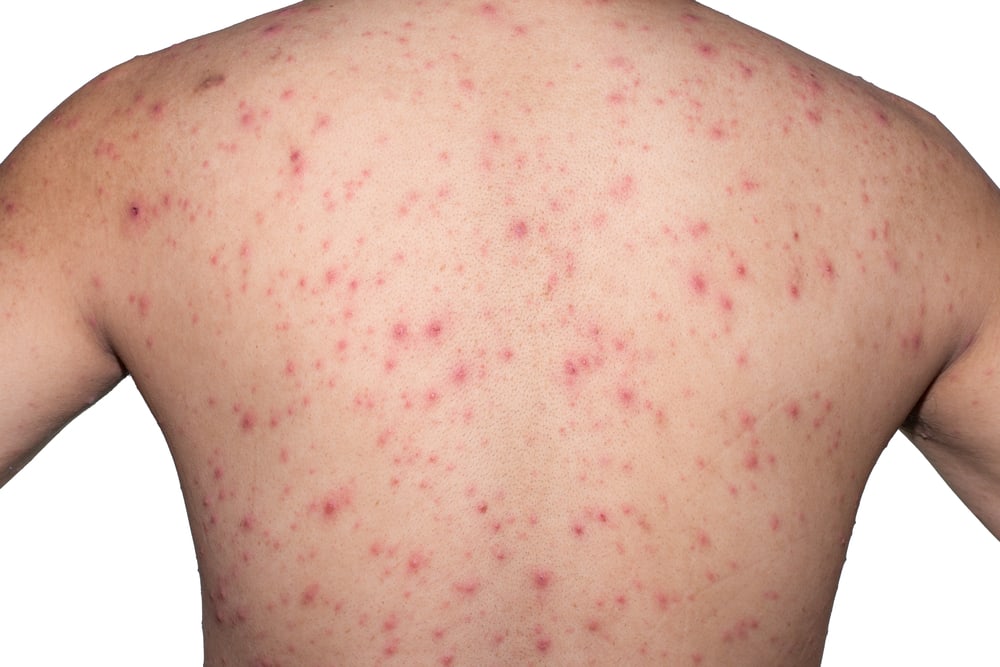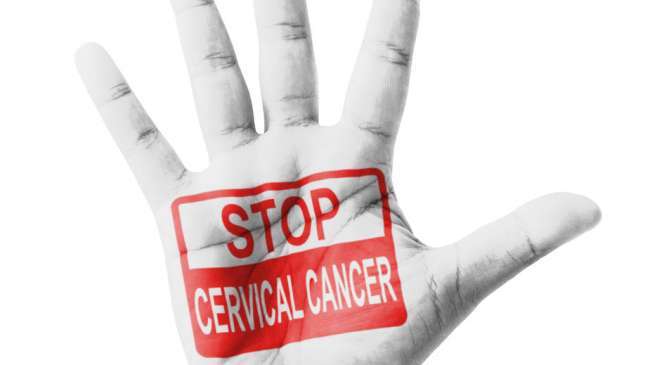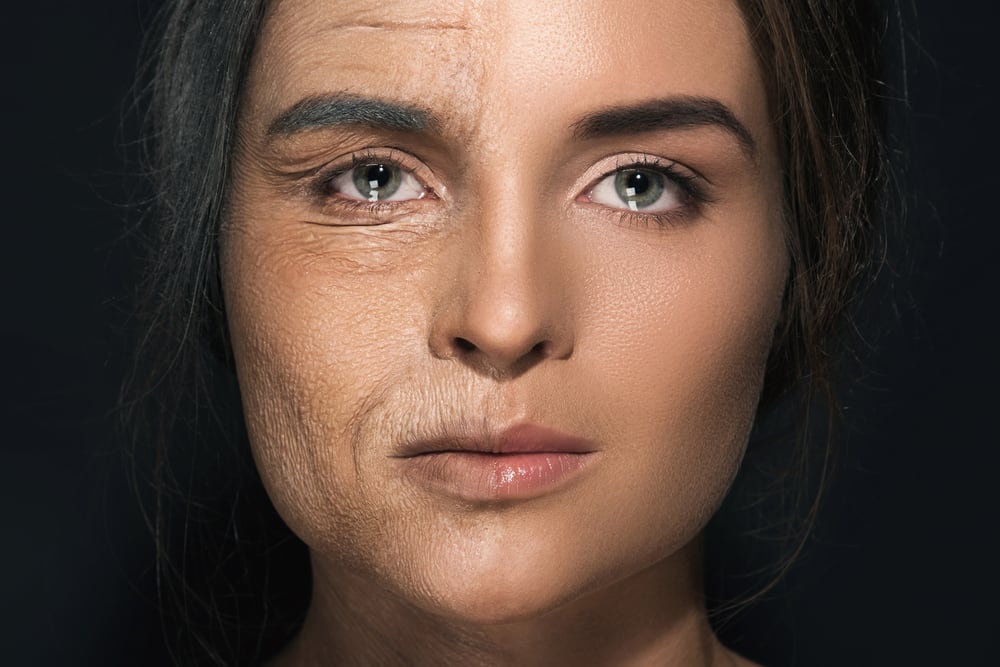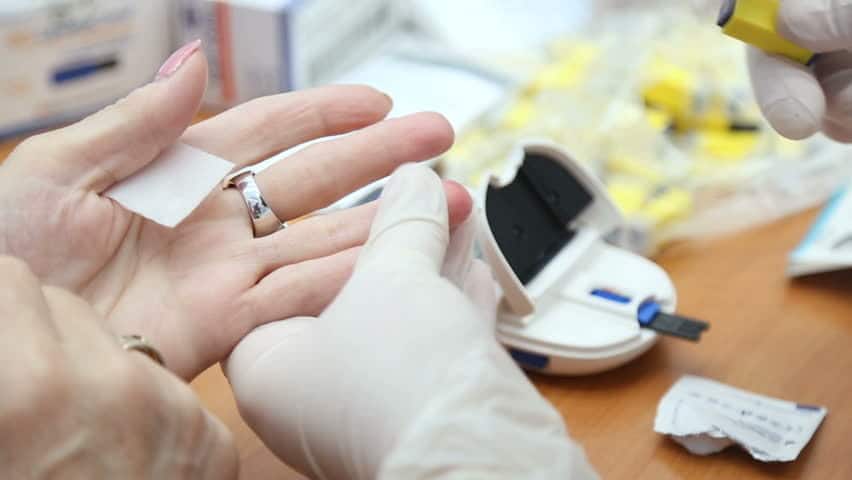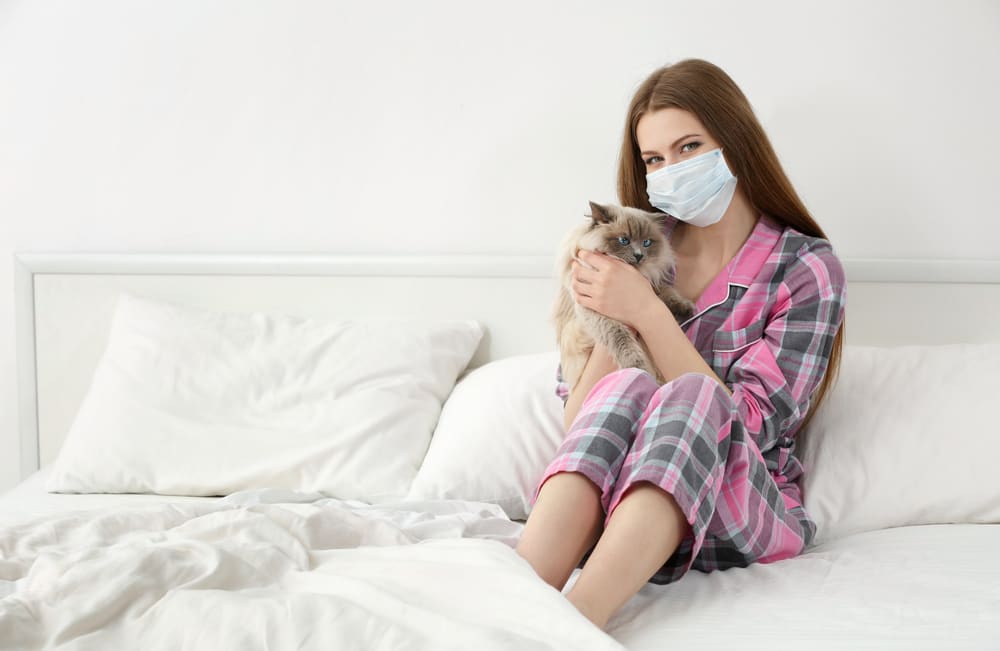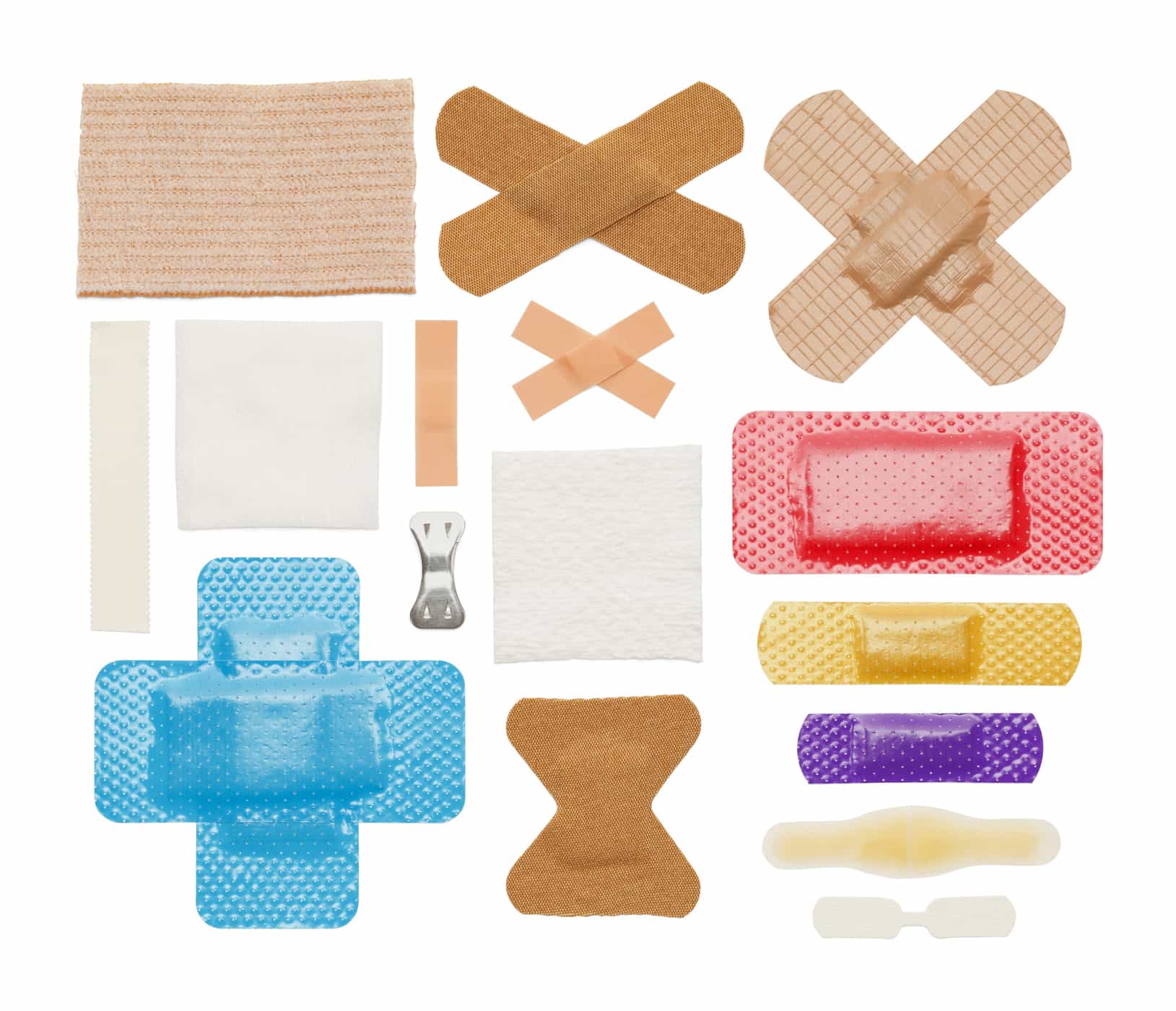Contents:
Medical Video: Women's Health : How to Treat Burning in Vaginal Area
You might think that morning sickness and swollen feet are the most common symptoms of pregnancy. Actually, vaginal itching during pregnancy is also the same generally.
Jennifer Keller, MD, assistant professor in the Department of Obstetrics and Gynecology at The George Washington University School of Medicine & Health Sciences, reported from The Bump, said vaginal itching during pregnancy is caused by increased production of vaginal fluid due to a surge in hormones, which can cause irritation vulvar skin.
The good news, when a vaginal infection is diagnosed as soon as possible, will generally be easy for doctors to treat your complaints. The difficult part is to distinguish between normal vaginal discharge and what signifies the actual infection. Here, we detail various causes of vaginal itching, symptoms, treatments, and prevention tips.
What causes vaginal itching or swelling during pregnancy?
Itchy vagina can be a side effect of pregnancy that makes you more uncomfortable. It is important to get an examination because these symptoms can indicate something more serious, such as a sexually transmitted disease.
The most common and not serious cause of vaginal itching during pregnancy
You may also experience irritation from soap, lotions or detergents that you use everyday. Some compositions in certain products can increase sensitivity to the skin of pregnant women because the tissue that is attracted to stretch becomes more sensitive.
The cause of vaginal itching during pregnancy is more serious and should get special attention
Pubic lice (pediculosis)
If you only experience superficial itching around pubic hair, it may be the cause of pubic lice.
You can easily catch pubic lice in public places or through sexual transmission. Pubic lice tend to be very contagious, so you can get it anywhere. This condition requires treatment by a doctor, as well as an overall effort to eradicate lice from the bed and clothes. Check with your doctor before using chemical flea drugs.
Bacterial Vaginosis (BV)
1 in 5 pregnant women can develop this vaginal infection. BV occurs when there is an overgrowth of anaerobic bacteria living in the vagina, which - especially in pregnancy - can be affected by shifting hormones. Symptoms include grayish-white discharge and a fishy odor, pain during urination, and itchy vagina.
If left untreated, BV symptoms will persist and the baby can be born prematurely or have a low birth weight. In non-pregnant women, BV can cause pelvic inflammatory disease, which can cause infertility or damage the fallopian tubes.
In general, BV will disappear by itself. If you experience BV in your first trimester, your doctor may wait to treat it until the second trimester arrives. BV can usually be managed with antibiotics Metronidazole or Clindamycin.
Yeast infections
The itchy and unfavorable sensation caused by yeast infections is usually caused by a surge in Candida fungus, a natural fungus that lives inside the vagina.
Yeast infections are common in women, but pregnant women will be more susceptible to experiencing this condition because during pregnancy, increased levels of estrogen and progesterone help create an environment where yeast can develop rapidly. Other causes of yeast infections include consumption of antibiotics and sex, both of which can interfere with the natural pH balance of the vagina.
Symptoms include itching in the vagina, textured leucorrhoea like runny cheese (watery and humped), sour smell, and pain.
The yeast infections that you experience during pregnancy will not have any effect on the fetus in the womb. However, if you have contracted this condition while giving birth, there is little chance that your baby will contract the same infection as he passes through your vagina.
if you are pregnant or breastfeeding and you have this infection, you should avoid using oral anti-infective drugs. Instead, use a vaginal pessaries plus an anti-fungal cream, if needed.
Trichomoniasis
Trichomoniasis is one of the most common and easily cured sexually transmitted diseases, according to the Centers for Disease Control and Prevention (CDC). Parasites Trichomonas vaginalis is transmitted through sexual contact and generally lives in the vagina.
Symptoms of trichomoniasis, including:
- Leucorrhoea which is yellow-greenish, foamy, foul-smelling
- The sensation of itching, burning, and irritation during sexual intercourse.
To treat trichomoniasis, doctors will usually prescribe you with oral antibiotics, such as Metronidazole and Tinidazole.
Home tips for dealing with vaginal itching during pregnancy
Try switching to soft, non-fragrance personal care products and avoid itching and not absorbing sweat for now.
Or, compress cold water taped to the area of your vagina. Don't use hot water. Hot water is very hard on sensitive skin and tissue, so it can cause further irritation. When bathing, add a little to help balance vaginal pH. Don't use vinegar too often or this can also disrupt pH balance too.
Also, keep your vaginal area clean and dry. Change clothes several times a day to keep sweat and vaginal discharge back on the skin. If you have intercourse, clean your vagina properly afterwards, because semen can cause irritation to pregnant women.
Finally, to prevent the spread of sexually transmitted diseases, run a medical test to find out if you or your partner has a certain condition, so you or your partner can get treatment as early as possible before transmitting to each other. Don't forget to always practice safe sex and use a condom every time you have sex with your partner.
READ ALSO:
- Is it true that women who are too thin are difficult to get pregnant?
- Benefits of Listening to Music While Pregnant for Mothers and Babies
- Why are Pregnant Women Often Hungry at Night?

